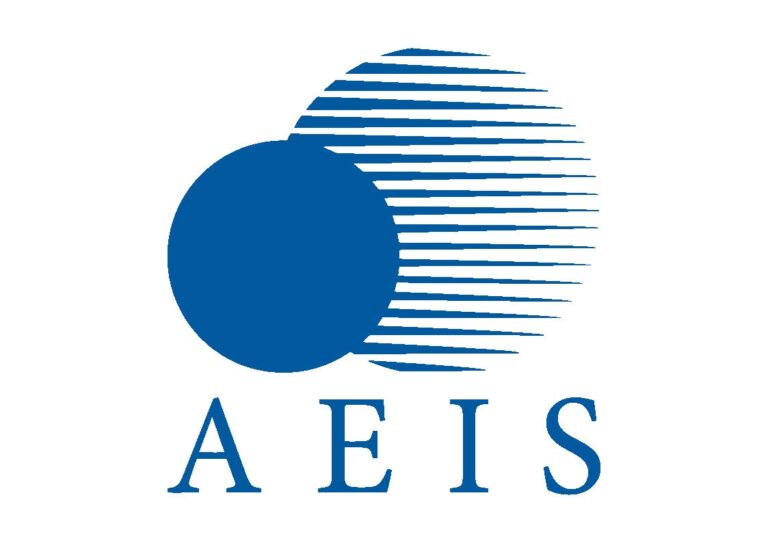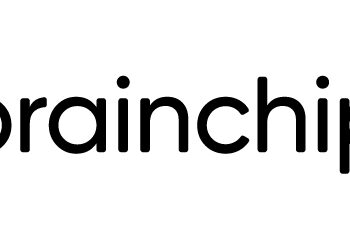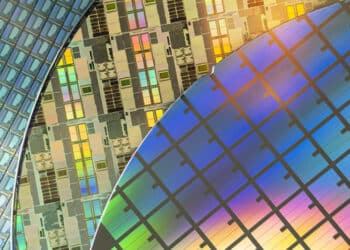Esperanto Technologies, a developer of high-performance, energy-efficient artificial intelligence (AI) and high-performance computing (HPC) solutions, has announced a strategic partnership with Rapidus, a pioneering Japanese company specializing in advanced semiconductor manufacturing. The collaboration aims to revolutionize the semiconductor industry by developing more energy-efficient designs for the evolving “Post GPU Era.”
In recent years, the exponential growth of data centers, fueled by the increasing demand for AI and HPC applications, has raised concerns about the sustainability of energy consumption. According to a report by the International Energy Agency (IEA), data centers are projected to consume over 1,000 terawatt-hours (TWh) of electricity by 2026, equivalent to Japan’s entire electricity consumption. This surge in energy demand underscores the urgent need for technological innovations to mitigate environmental impact.
Esperanto Technologies and Rapidus are stepping up to address this challenge through their collaboration. Esperanto Technologies, known for its expertise in developing energy-efficient solutions based on the RISC-V instruction set architecture, sees this partnership as an opportunity to advance its mission of delivering sustainable computing solutions.
Rapidus, on the other hand, is positioning itself as a leader in advanced semiconductor manufacturing, with plans to establish Japan’s first silicon foundry capable of producing state-of-the-art logic semiconductors at the 2-nanometer process node and beyond. This ambitious initiative, known as the Innovative Integration for Manufacturing (IIM) project, aims to leverage Rapidus’ close partnership with IBM’s Albany Nanotech Complex in New York to achieve breakthroughs in semiconductor technology.
The partnership between Esperanto Technologies and Rapidus will focus on enabling future semiconductor designers to develop energy-efficient solutions tailored for AI inference and HPC workloads. By combining Esperanto’s expertise in energy-efficient chip design with Rapidus’ cutting-edge manufacturing capabilities, the two companies aim to address the growing demand for energy-efficient computing solutions in data centers and enterprise edge applications.
Ben Bajarin, CEO of Creative Strategies, emphasized the importance of energy efficiency in semiconductor design, stating, “CPUs and GPUs have played a key role in fostering the boom in the artificial intelligence market. However, the increasing power consumption of the latest chips is contributing to a near-term crisis.”
Art Swift, President and CEO of Esperanto Technologies, expressed optimism about the partnership with Rapidus, stating, “The strategic partnership with Rapidus plays a key role in our expansion plans, particularly in Japan. Along with our other partners there, we hope our new relationship will extend the benefits of our energy-efficient technology to a broader set of AI chip designers in the future.”
Dr. Atsuyoshi Koike, President and CEO of Rapidus Corporation, echoed Swift’s sentiments, emphasizing Rapidus’ commitment to innovating towards a greener society. “As we enter the age of full-fledged AI, it is imperative to design and manufacture semiconductors with superior energy-saving performance, and we believe that this collaboration with Esperanto is a major step toward solving this issue,” said Koike.










